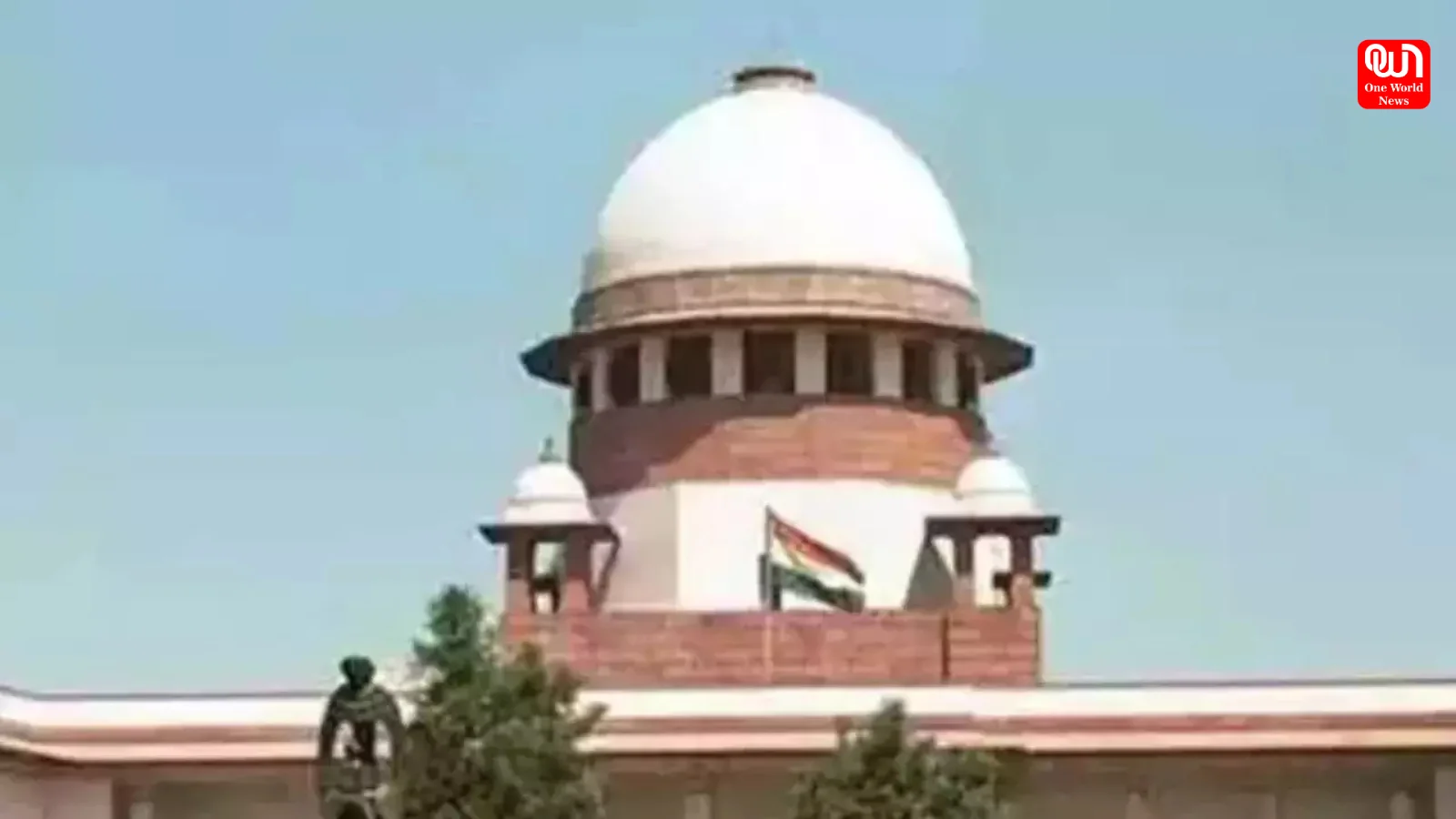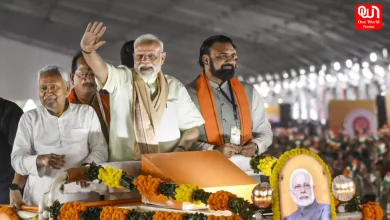Supreme Court Warns Against Misuse of Dowry Laws Amid Suicide Case Debate
Supreme Court urges caution in dowry cases amid misuse concerns after Bengaluru man’s tragic suicide
Supreme Court warns against dowry law misuse amid nationwide debate over Bengaluru man’s suicide case
The Supreme Court has warned that cases involving dowry harassment should be handled carefully, pointing out a rising pattern of abuse that might hurt innocent individuals. While overturning a Telangana High Court ruling that had refused to dismiss a dowry harassment case against a man and his family, the court stated these statements.
The ruling comes amid national debate sparked by the suicide of Atul Subhash, a 34-year-old from Bengaluru, who left an 80-minute video and a 24-page note accusing his estranged wife, Nikita Singhania, and her family of filing false cases to extort money. Subhash alleged that the legal system failed to protect him and his family.
The Supreme Court noted that vague and general accusations against multiple family members, without clear evidence, should not lead to prosecution. “A mere reference to family members in matrimonial disputes, without specific involvement, must be dismissed early to prevent harassment,” the court said.

The bench of Justices BV Nagarathna and N Kotiswar Singh emphasized that Section 498A of the Indian Penal Code, designed to protect women from cruelty, is sometimes misused for personal vendettas. They clarified that while women who face genuine cruelty must receive justice, false accusations harm both families and the legal process.
Read More: Avinash Mishra Becomes Bigg Boss 18’s New Time God: A Game-Changing Twist
In his suicide note, Subhash detailed his struggles since his 2019 marriage. He claimed his wife’s family repeatedly demanded large sums of money and filed cases accusing him and his family of dowry harassment, unnatural sex, and even murder. He alleged these cases were baseless, with his wife admitting during cross-examination that her father’s death was due to long-term illness, not harassment.
Subhash said his efforts to succeed in life only increased harassment, leading him to take his own life to protect his elderly parents and brother from further legal troubles. He described the justice system as enabling extortion through misuse of dowry laws.
The case has reignited discussions about balancing the protection of women’s rights with preventing misuse of legal provisions.
We’re now on WhatsApp. Click to join.
Like this post?
Register at One World News to never miss out on videos, celeb interviews, and best reads.








